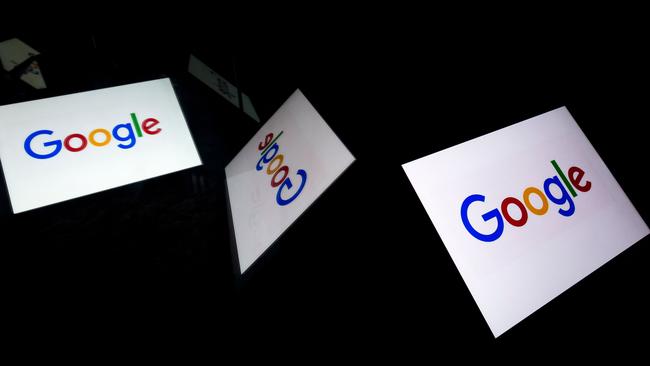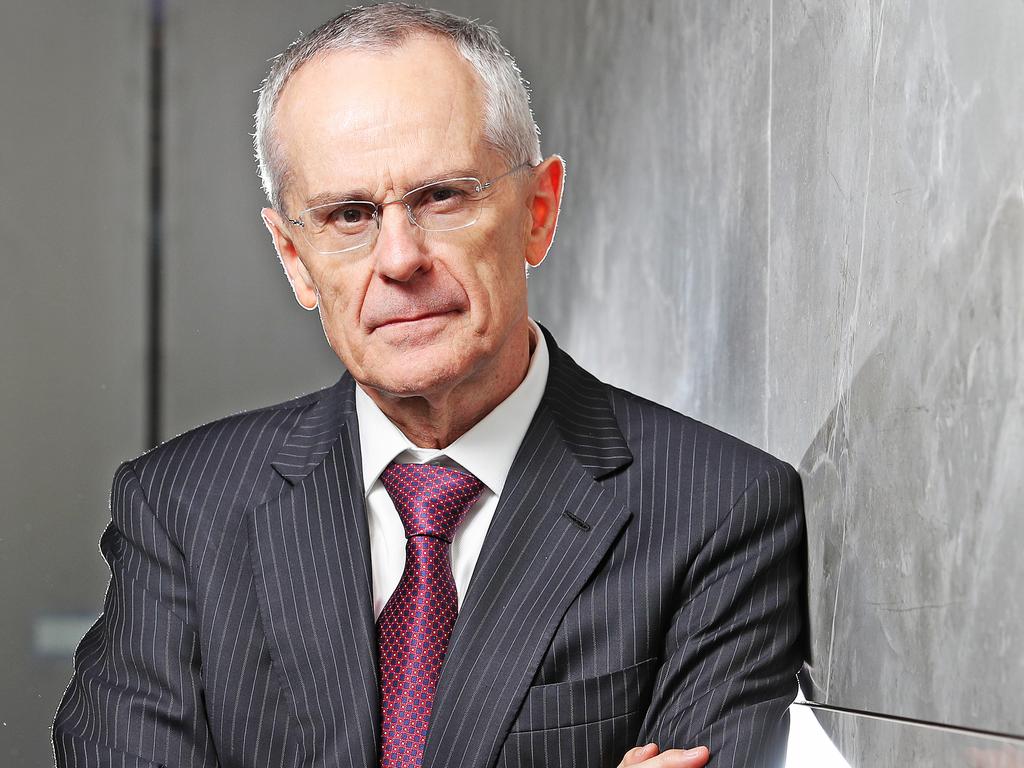Google’s delaying tactics won’t work
Google has been accused of using every legal manoeuvre it can to frustrate regulators and delay court settlements.

Google has been accused of using every legal manoeuvre it can to frustrate regulators and delay court settlements.
That’s the view of multinational corporation Oracle, which is locked in a decade-long battle with Google over the unauthorised use of Java-based application programming interfaces (APIs). The case began in 2010 and was back in court last week.
Oracle acquired Java when it bought Sun Microsystems in 2010 and regards Google’s use of Java in building the foundations of early Android as theft.
Google’s apparent ability to frustrate regulators is a telling point at a time the Australian Competition & Consumer Commission is finalising a negotiation framework for Facebook and Google to pay media companies for news content displayed in search results and news apps.
Oracle executive vice-president Ken Glueck last week wrote a stinging rebuke of Google’s conduct as the case returned to court.
“Google has mastered the art of winning by kicking the can down the road,” Mr Glueck said in a blog post. “It can afford to play the long game. Deny every claim, appeal any adverse decision, run out the clock on every opponent — including government regulators.
“Even nominal ‘losses’ for Google are really wins: It can appeal fines and courtroom setbacks for years while its market power continues to grow and competitors disappear. And even if it has to pay something in the end, it will be a drop in Google’s very large bucket,” said Mr Glueck, who added that Oracle had received support from both the Obama and Trump administrations in its battle.
It is a telling observation, with the ACCC seeking to impose binding “final offer arbitration” — aka baseball arbitration — which would force Google, Facebook and media companies to reach a final decision on payments should discussions stall.
Both sides would put final positions and an arbiter would choose one side based on rules around obtaining a fair outcome. This process would stop a party repeatedly using legal manoeuvres to frustrate negotiations.
Mr Glueck said internal document disclosures during the Oracle-Google litigation offered a revealing look inside Google’s corporate inner sanctum.
“In Google’s case it’s not a flattering picture,” he wrote. “They (documents) reflect a world view in which intellectual property protections, especially copyrights, are inconvenient and costly barriers to Google’s exploitation of others’ creations. This is true for both Google’s unauthorised use of third party technology like Java to build and run its platforms and its unauthorised use of third party content like news articles, reviews, books, images, and songs to draw users to its ad-supported services.”
Google ANZ vice-president Mel Silva has slammed final-offer arbitration. In a blog post last month, she said: “It isn’t used in any of the eight other mandatory codes in Australia. In fact, without the two parties’ consent, it’s never been used in Australian law before.”
However, the ACCC sees final offer arbitration as addressing the power imbalance.
“If the news businesses and the digital platforms cannot strike a deal through a formal three-month negotiation and mediation process, then an independent arbitrator would choose which of the two parties’ final offer is the most reasonable within 45 business days,” the ACCC said in July.
“This would ensure disagreements about payment for content are resolved quickly.”
Google is facing increasing pressure from regulators. Last week a French appeals court upheld an order for Google to negotiate with media groups there. Google took the French regulator to court and lost. Subsequently, it says it has now made an offer on copyright to French media.
Google is showing some sign of addressing concerns. Alphabet and Google CEO Sundar Pichai has announced that Google will pay for news used in its News Showcase panels which initially have been rolling out in Germany and Brazil.
He said partnerships also had been signed in Argentina, Canada, the UK and Australia and the initial investment was $US1bn ($1.38bn).
Showcase is just one part of the news content that Google uses that belongs to media organisations but it is a start.







To join the conversation, please log in. Don't have an account? Register
Join the conversation, you are commenting as Logout